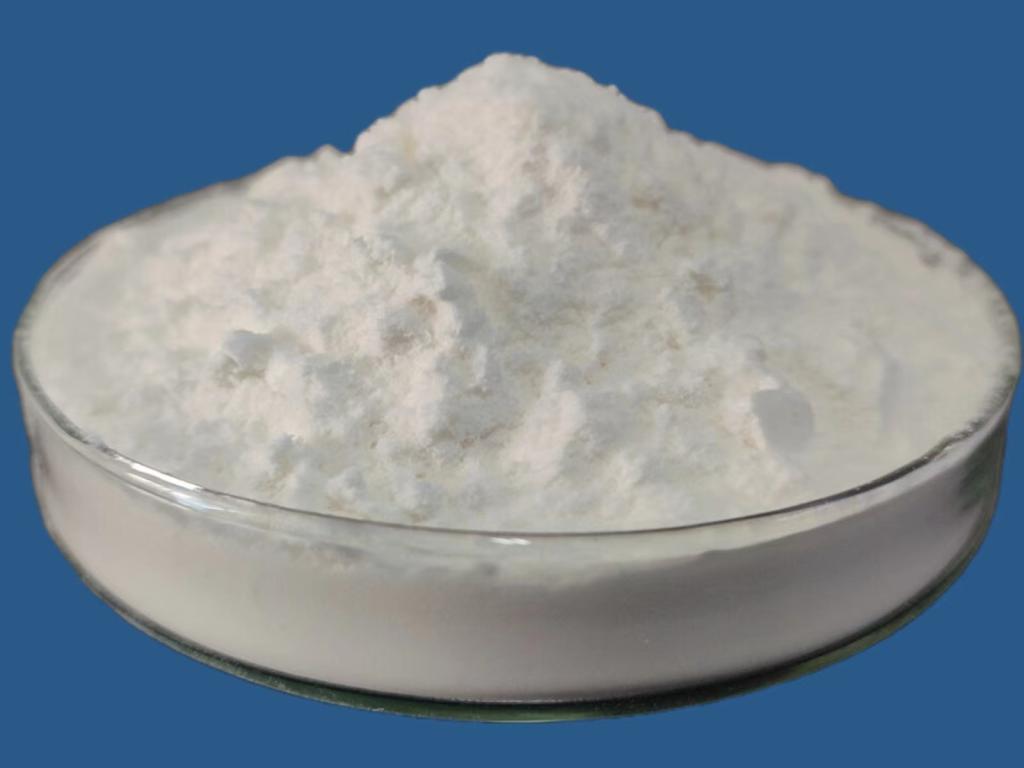Tel:+8618231198596

News
 CONTACT
CONTACT
 CONTACT
CONTACT
- Linkman:Linda Yao
- Tel: +8618231198596
- Email:linda.yao@dcpharma.cn
- Linkman:CHARLES.WANG
- Department:Overseas
- Tel: 0086 0311-85537378 0086 0311-85539701
News
Current Position:
Home >
News
>Can ε-Polylysine hydrochloride be used as a natural preservative in beverages?
Can ε-Polylysine hydrochloride be used as a natural preservative in beverages?
TIME:2023-06-01
Antimicrobial Properties of ε-Polylysine Hydrochloride:
ε-PL possesses potent antimicrobial activity against a wide range of microorganisms, including bacteria, yeasts, and molds. Its mode of action involves disrupting cell membranes and inhibiting protein synthesis. The antimicrobial efficacy of ε-PL can help prevent microbial spoilage and extend the shelf life of beverages, ensuring their safety and quality.
Dosage Considerations:
Determining the appropriate dosage of ε-PL in beverages is critical to achieving the desired preservation effect without compromising taste or product quality. Factors such as the pH, acidity, sugar content, and the presence of other ingredients can influence the optimal dosage. Careful evaluation through dosage optimization studies is essential to identify the minimum effective concentration of ε-PL while considering regulatory limits and sensory acceptance.
Impact on Product Quality:
The addition of ε-PL to beverages should be accompanied by a thorough assessment of its impact on product quality attributes, including taste, aroma, color, and texture. Sensory evaluations, as well as analytical tests, should be conducted to ensure that ε-PL does not negatively affect the organoleptic properties of the beverages. Additionally, any potential interactions between ε-PL and other beverage ingredients should be evaluated to maintain the desired product characteristics.
Regulatory Considerations:
Before incorporating ε-PL as a natural preservative in beverages, compliance with regulatory requirements is crucial. Regulations regarding the use of ε-PL may vary between countries and regions, and it is essential to review and adhere to the specific regulations governing its use in the target market. Understanding the regulatory landscape ensures the legality and safety of the product.
Compatibility with Beverage Processing:
The compatibility of ε-PL with beverage processing conditions, such as temperature, pH, and processing time, should be considered to ensure its stability and preservation efficacy. It is important to evaluate the impact of processing on the antimicrobial activity of ε-PL and determine the most suitable stage for its addition. Additionally, potential interactions with processing aids or equipment should be considered to avoid any adverse effects on ε-PL efficacy or product quality.
Future Prospects and Challenges:
The use of ε-PL as a natural preservative in beverages holds significant potential. However, further research and development are needed to optimize its application in terms of dosage, processing conditions, and product formulations. Additionally, challenges such as maintaining stability during storage, understanding interactions with various beverage matrices, and addressing any consumer perception concerns need to be addressed to ensure wider acceptance and utilization of ε-PL in the beverage industry.
Conclusion:
ε-Polylysine hydrochloride (ε-PL) shows promise as a natural preservative in beverages, including juices and soft drinks. Its antimicrobial properties and compatibility with beverage processing conditions make it an attractive option for extending shelf life and maintaining product safety. By carefully considering dosage, impact on product quality, and regulatory aspects, beverage manufacturers can explore the incorporation of ε-PL as a natural preservative, aligning with consumer demands for cleaner label products while ensuring the overall integrity of their beverages. Continued research and industry collaboration will contribute to the successful implementation of ε-PL as a natural preservative in the beverage industry.
- Tel:+8618231198596
- Whatsapp:18231198596
- Chat With Skype







